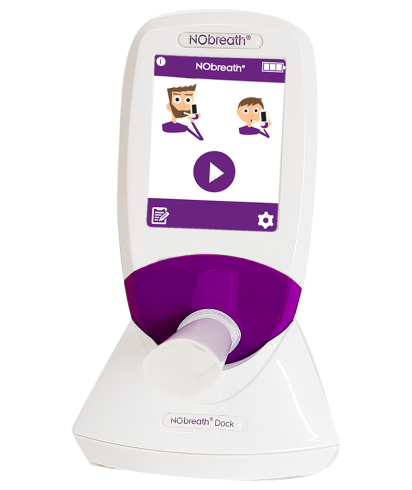Respiratory Tests
The tests provided are as follows:
Spirometry
Spirometry assesses the presence of obstructive and/or restrictive lung defects and bronchodilator response. Basically, you will take in a deep breath and blow into a mouthpiece attached to the spirometer. You will blow out as hard and as fast as you can until your lungs feel absolutely empty. You will be asked to repeat the test several more times. A bronchodilator such as Salbutamol may be given to you to assess bronchodilator responsiveness.
TLCO/DLCO
Measures the ability of the lungs to transfer gas across the alveolar membrane into the pulmonary blood stream. (Diffusing/Transfer capacity of the lungs for carbon monoxide). It is useful in assessing diseases such as interstitial lung diseases and COPD.
Static Lung Volumes
Measures the total lung capacity (lung size) and the residual volume of the lungs (amount of air at the end of a full expiration). This test in conjunction with spirometry is useful to confirm obstructive and/or restrictive lung defects.
Respiratory Pressures
A respiratory pressure meter measures the maximum inspiratory and expiratory pressures that a patient can generate at the mouth
(MIP and MEP)
Oximetry
Pulse oximeters are a non-invasive and painless way to measure a person’s oxygen saturation or how much oxygen is making it into the bloodstream.
6 Minute Walk
The 6-minute walk test is a self-paced walking test that assesses functional exercise capacity. It measures the distance you can walk in 6 minutes. You will wear a pulse oximeter to test your oxygen saturation levels and heart rate in response to exercise.
FeNO
FeNO stands for Fractional expired Nitric Oxide. A FeNO test measures the amount of nitric oxide in your breath. This tests helps doctors determine how much inflammation is in your airways. Knowing if your airways are inflamed can help your doctor make the right diagnosis, find the best management plan and monitor your asthma better.
FeNO Withholding Schedule
No food or drink 1 hour prior to the test. Please also avoid consuming the following foods on the day of the test
Lettuce, Beetroot, Celery, Chervil, Radish, Turnip tops, Rocket, Chinese Cabbage, Cabbage, Green Beans, Leek, Cucumber, Spring Onion, Garlic, Capsicum, Potato, Strawberries, Currants, Raspberries, Cherries, Gooseberries, Ham, Bacon, Salami


Bronchial Provocation Test
Also known as Mannitol/Aridol Challenge test
This test is designed to test your response to irritants and as such is likely to irritate your lungs – we recommend you schedule your BP test for a day where you can rest after your appointment.
